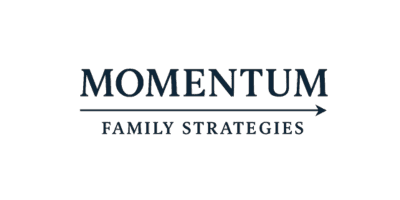Navigating Life After High School: Next Steps for Adults with Disabilities
SH
Understanding the Transition
Life after high school can be challenging for anyone, but it can be especially daunting for adults with disabilities. The transition involves significant changes in routines, supports and services. It's important to understand the options and resources available to make the transition smoother.

Exploring Further Education
Many adults with disabilities find that continuing education is a great next step. Colleges and universities offer various support services to help students succeed.
Visit the directory of inclusive college programs at ThinkCollege.
University of Kentucky: College and Career Studies
Murrary State: College to Career Experience
Northern Kentucky University: Supported Higher Education Project of Northern Kentucky University
Western Kentucky University: WKU SAV-Y Program
Community colleges can also be a good option. They often have smaller class sizes and more personalized support.
Bluegrass Technical and Community College: Comprehensive Transition and Post-Secondary Program (CTP)
Owensboro Community and Technical College: Career and Life Skills Program
Vocational schools provide hands-on training for specific careers, which can be a practical choice for many.
Carl D. Perkins Vocational Training Center
Charles W. McDowell Center for the Blind

Entering the Workforce
Another path is entering the workforce. Many organizations are committed to hiring people with disabilities. They offer accommodations to ensure a comfortable and productive work environment.
Coalition on Workforce Diversity
Innovative Supports for Autistic Workers (ISAW)

Independent Living
Independent living programs offer resources and training to help adults with disabilities live on their own. These centers provide skills training, peer support, and advocacy.
College for Living - Louisville, Kentucky

Utilizing Government Resources
There are various government programs available to assist adults with disabilities. These programs offer financial aid, healthcare services, and employment support. It's important to research and apply for these benefits to ensure all needs are met.
Home and Community Based waivers
Participant-Directed Services (Self-Direction)

Building a Support Network
A strong support network is crucial during this transition. Family, friends, and mentors can provide emotional support and practical advice. Joining support groups can also be beneficial. These groups offer a sense of community and shared experiences.
Need help building a support network, finding caregivers, or exploring resources to help with the transition from high school to adulthood?
A Support Broker can help you find the resources you need to make the transition a success. Learn more about working with a Support Broker here.
